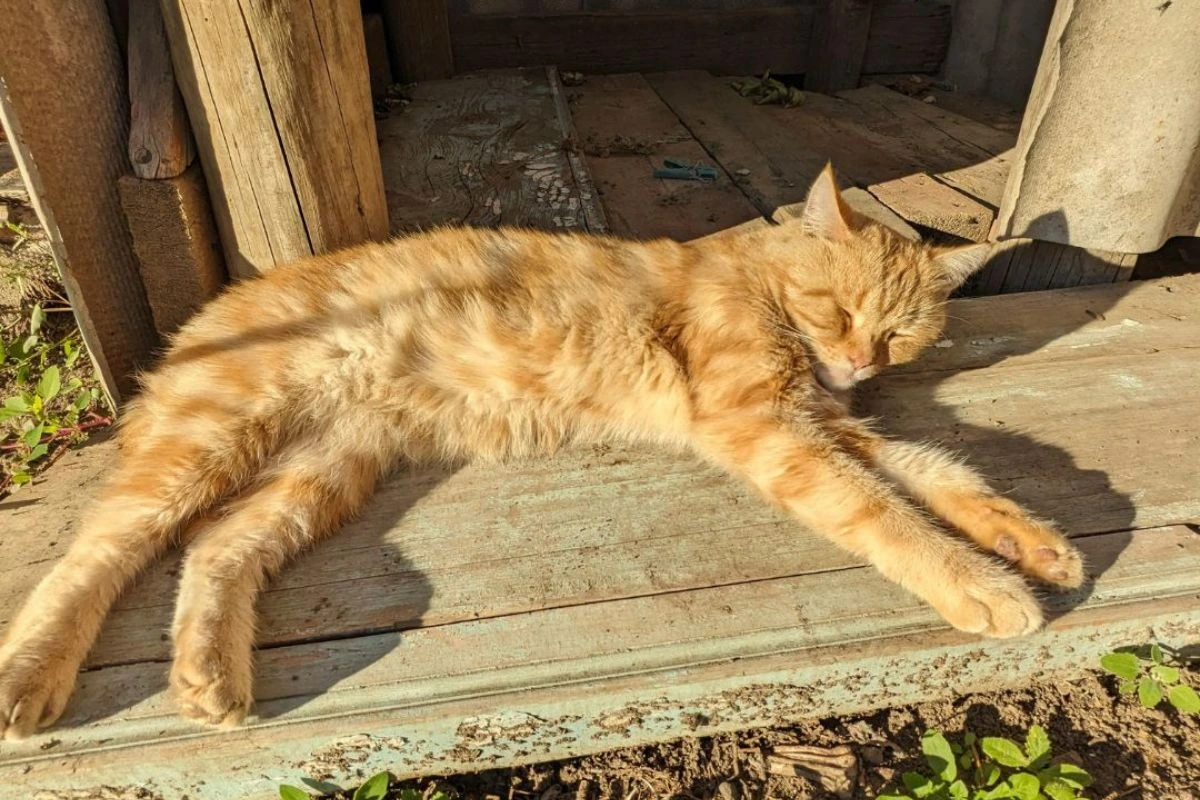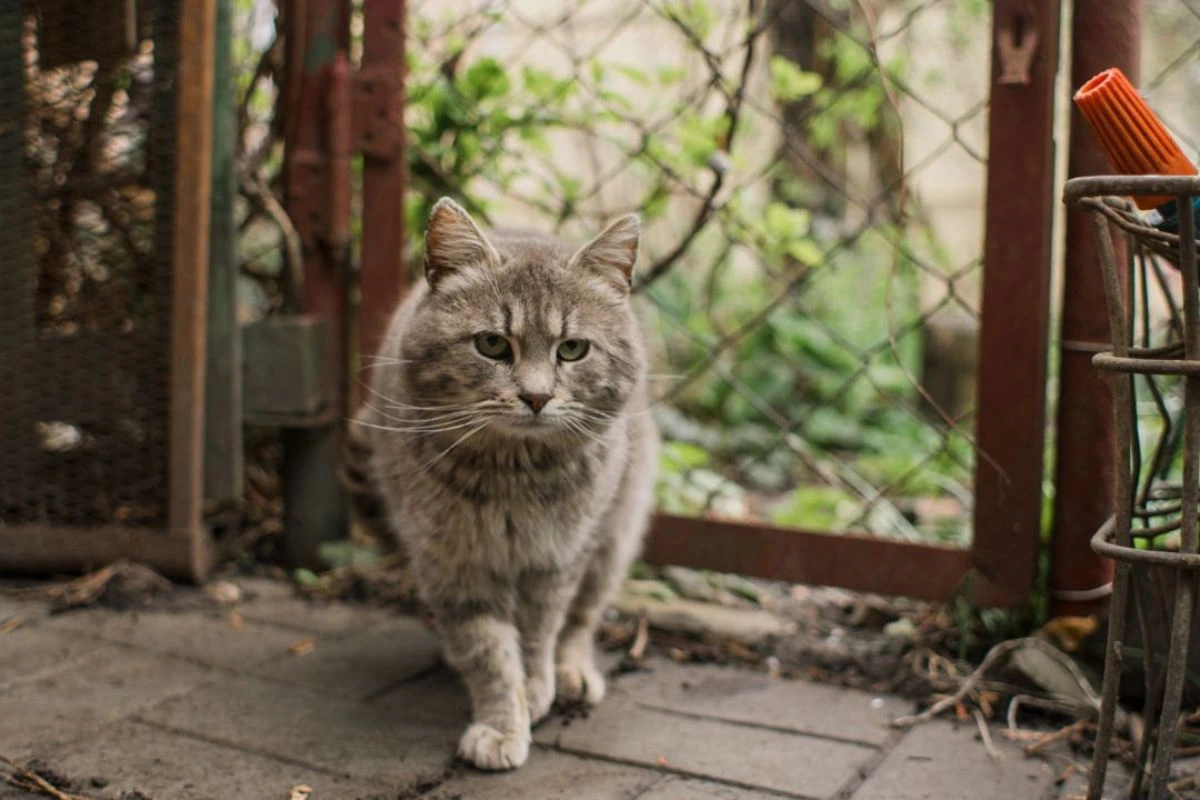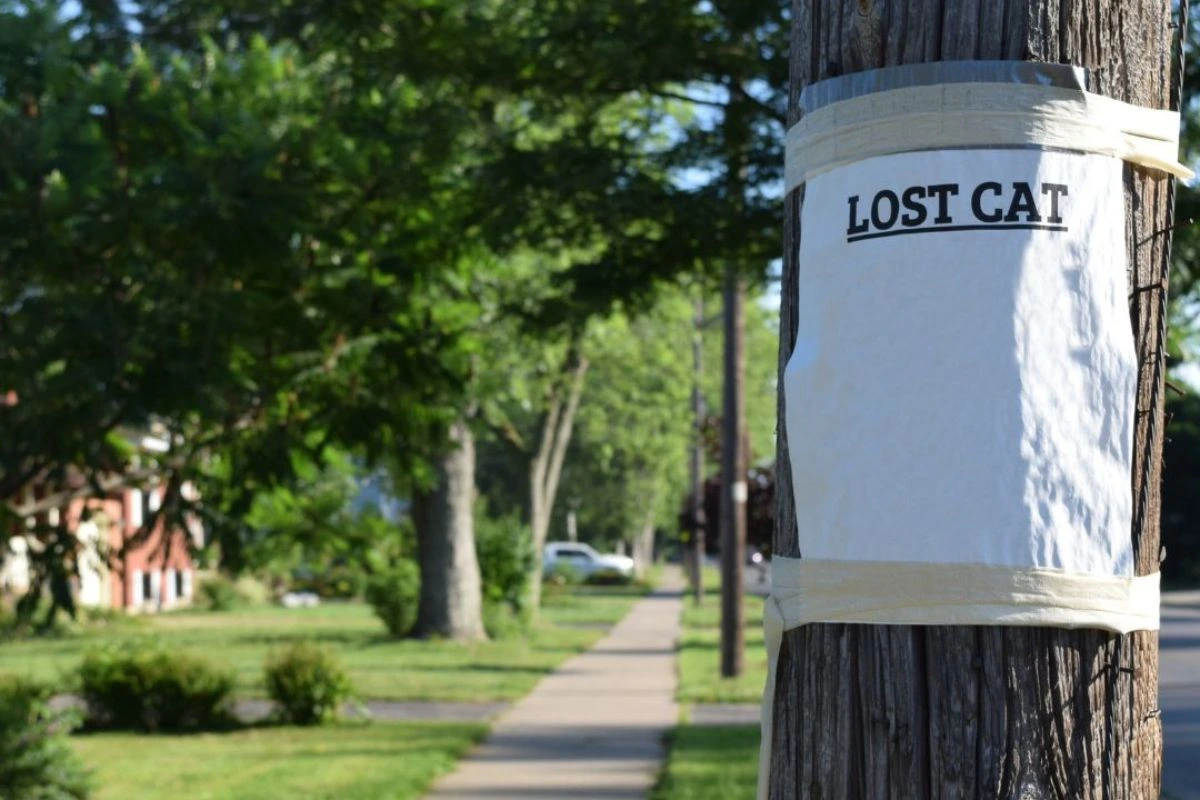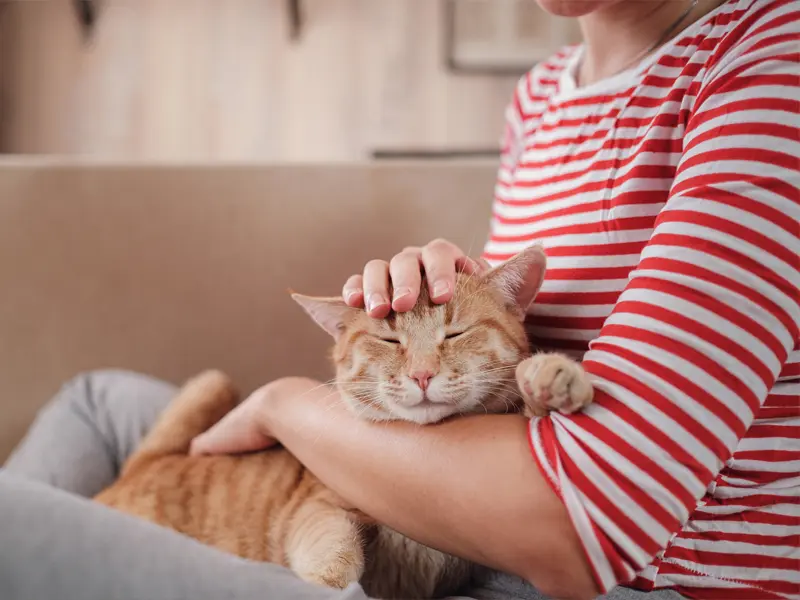Losing a beloved cat is every pet owner’s nightmare. In busy Melbourne suburbs, cats can slip out unnoticed, be startled by traffic or construction, or wander into neighbours’ sheds.
Acting quickly and knowing how to find a lost cat significantly improves the chances of a safe reunion.

Why are Cats More Susceptible to Going Missing in Spring?
If you’ve ever noticed more “Lost Cat” posters popping up around the neighbourhood in spring, you’re not imagining it.
Cats really are more likely to go missing at this time of year. But why?
Spring is mating season
For cats, spring is the season of love. Even desexed cats can be more restless because of the scent of entire (undesexed) cats around. Entire males may roam far from home in search of females, while females in heat may also wander more than usual.
More wildlife to chase
Birds, mice and insects all become more active in spring. With so much extra prey around, cats are tempted to follow the hunt further afield, sometimes ending up in unfamiliar areas.
Warm days = more adventures
After a long winter indoors, spring sunshine lures cats outside. They’re more likely to spend hours exploring, which increases the chances of getting lost or accidentally locked in a garage, shed or neighbour’s house.
Territory disputes
When more cats are outside at once, competition for territory heats up. Some cats may wander further to avoid conflict, while others push into new ground to claim space.
Human activity
Spring brings more gardening, open sheds, and visitors. It’s surprisingly common for cats to be trapped in sheds or cars without anyone realising.

Where Do They Go? Common Places Missing Cats Are Found
- Garages and garden sheds - an inquisitive cat exploring their own, or a neighbouring shed can easily become locked in when the door is closed.
- Neighbouring houses - some cats are social butterflies, and especially if food is on offer, they may decide to spend the afternoon or even the night with them.
- Hunting grounds - cats may spend hours hunting birdlife or rodents in gardens, parks, or bushy areas, often well beyond their usual boundaries
- Trouble spots - cats are curious climbers. They may get stuck under houses, up trees, or even on rooftops – and not always know how to get down again.

When to Act
Cats are independent and often return on their own, but if your cat is staying out longer than you’d expect you could implement the following steps to track them down.
- Notify neighbours and ask them to check their sheds, garages, cars
- Call the microchip company to make sure your contact details are up to date (CAR - Central Animal Records (03) 9706 3187 or Australian Animal Registry (02) 9704 1450
- Call your local vet clinics and if they haven’t heard anything, be sure to leave your contact details and description of your cat
- Put a poster in your local area and parks
- Go for a walk in your local area in the early hours of the morning as if your cat is hiding they are more likely to hear you, and may feel more confident coming out
- Call your local council(s) to ask if your cat has been found

Preventing Cats from Getting Lost
To prevent cats from going missing, Melbourne cat owners can follow a few important guidelines.
Desexing
Desexing greatly lowers a cat’s urge to wander far from home and reduces the size of the territory they try to cover. It can be done at any age, but is most effective in limiting roaming when performed early in life.
Microchipping
Microchipping won’t stop a cat from going exploring, but it ensures you can be contacted if they are found and taken to a vet or council. This is vital if your cat is unwell, injured, or accidentally trapped somewhere. Always keep your details current with CAR (Central Animal Records), as updating your vet does not automatically update the microchip register.
Keep cats indoors overnight, and at dawn and dusk
These are the times when cats are most likely to roam, hunt, or get into fights. Bringing them inside during these hours greatly reduces the risks of injury, getting lost, or encountering danger.
Feeding routine and recall
Establishing a regular feeding time helps cats learn when to come home. You can pair mealtimes with a consistent sound, such as a bell, that they will recognise even from a distance. Reinforce this with their favourite treat. Keep them stimulated indoors with rotating toys or simple homemade games to mimic hunting behaviour and reduce the urge to roam.
I-tags and safety collars
Attaching a GPS or Bluetooth tracker to a quick-release collar can give you peace of mind if your cat does slip away. Always use a breakaway style collar to ensure they don’t get caught or injured while outdoors.
Cat-proof enclosures
Outdoor enclosures are a safe way for cats to enjoy the fresh air while staying protected. A secure enclosure means they can bask in the sun, watch the world, and exercise without the risk of getting lost or hurt.
Behaviour support
If your cat is straying because they are stressed or not getting along with another cat in the household, we can help. Our team can work with you to identify the cause and find a solution to keep everyone happy and safe.

Stay Calm and Keep Searching
Even after 24 hours, many missing cats are found, especially if they are microchipped, as vets and councils can quickly reunite them with their families once scanned.
Call Our Team
Here at Northside, we can help owners with lost cat searches, microchipping, desexing advice, and behaviour support to prevent future escapes.
If your cat is missing, contact us today. Together, we’ll increase your chances of bringing your cat home safely



